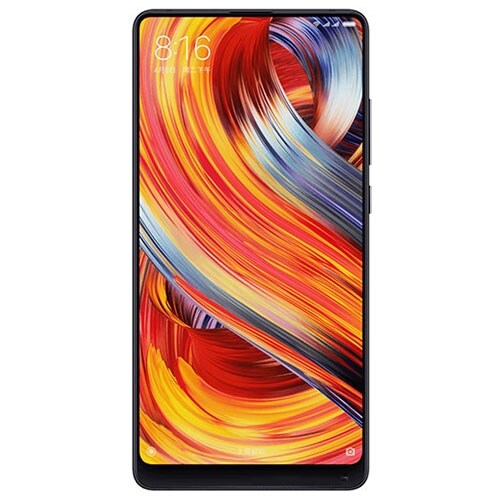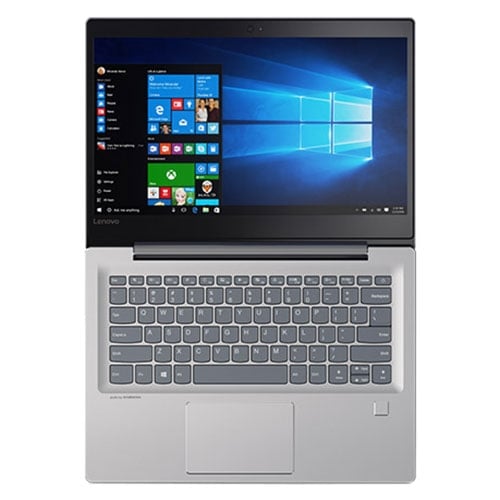Google has announced the launch of the Developer Preview for its upcoming Android Update. The company has released Android 8.1, the upcoming update to the existing Android Oreo 8.0 operating system.
For the uninitiated, Developer Previews are meant to be tested by the developers so they can experiment with the new features that Google is planning to launch in the final update. Developers test these Developer Previews and provide feedback to the company so that they can make changes before launching the Open Beta test for all Google Pixel and Nexus users.
Google detailed the changes that it has made with Android 8.1 in a blog post on Android Developers Blog. The company pointed out that it has made a number of optimisations, and enhancements for Android Go, the Android environment that is meant to be less memory demanding and ideal for devices with 1 or less that 1 GB RAM. The company has also added new Neural Network API in the operating system so that users can make use of the API for ‘on-device machine intelligence’. The company pointed out that it has made some ‘smaller enhancements’ to Android after receiving feedback from developers and users.
The company pointed out that it is expecting to launch the final public version in December. Interested Google Nexus and Pixel users can ‘enroll in the Android Beta Program’ to test-drive the latest features available in Android 8.1. This preview is available for Google Pixel 2, Pixel 2 XL, Pixel, Pixel XL, Pixel C, Nexus 5X, and Nexus 6P device owners. Interested developers can also run the Developer Preview on the Android emulator. This new version bring the Android API level to 27. We have detailed all the major changes that users can expect in the upcoming version of Android.
Memory Optimisation with Android Go: Google has added some ‘new hardware feature constants’ so that developers can distribute their apps and the resulting APK can split between the normal version or the low-RAM requiring version on devices that will run Android 8.1 or later.
Enhancements to the Autofill Framework: Google has improved its ‘Autofill framework’ so that password managers and other Autofill services can use the framework to provide common data. The company has added a number of UI customisations while Saving the ‘Autofill’ data such as setting the credit card expiration date using an on-screen spinner.
Google has asked developers to test their apps with this framework to ensure that it works without any problem. The company also asked developers to make it ‘explicit’ that the app supports the ‘Autofill framework’. The company has recommended that developers should associate their mobile app and website to ensure that the login details can be shared between the mobile app and the website.
Neural Network: With Google shifting its focus on Artificial Intelligence and Neural Networks, the company has added APIs in Android 8.1 Developer Preview via the NDK (Native Development Kit). These APIs allow developers to enable hardware-accelerated inference operations of devices that will support such actions. The company has designed the APIs as the ‘foundational layers for ML frameworks like TensorFlow Lite’. TensorFlow Lite is Google’s upcoming cross-platform Machine Learning (ML) framework.
Shared memory: Google has also added ‘shared memory’ where apps can use the API to allocate common data which enables faster access to this data between different apps.
Google also confirmed that apps that are using the Camera2 API on Pixel 2 and Pixel 2 XL can use the ‘early version of Pixel Visual Core’. The company pointed out that developers can test the HDR+ using the Pixel Visual Core by enabling ‘Camera HAL HDR+’ in the developer options along with ‘CONTROL_ENABLE_ZSL’ set as ‘true’. The company has finalised the APIs for Android 8.1 so developers can start submitting their apps for Android 8.1.
Last but not the least, the company advised developers to upgrade to the recently launched Android Studio 3.0 to start building for Android 8.1 using new app performance profiling tools and support or Kotlin.
Published Date: Oct 27, 2017 07:17 am | Updated Date: Oct 27, 2017 07:43 am


















